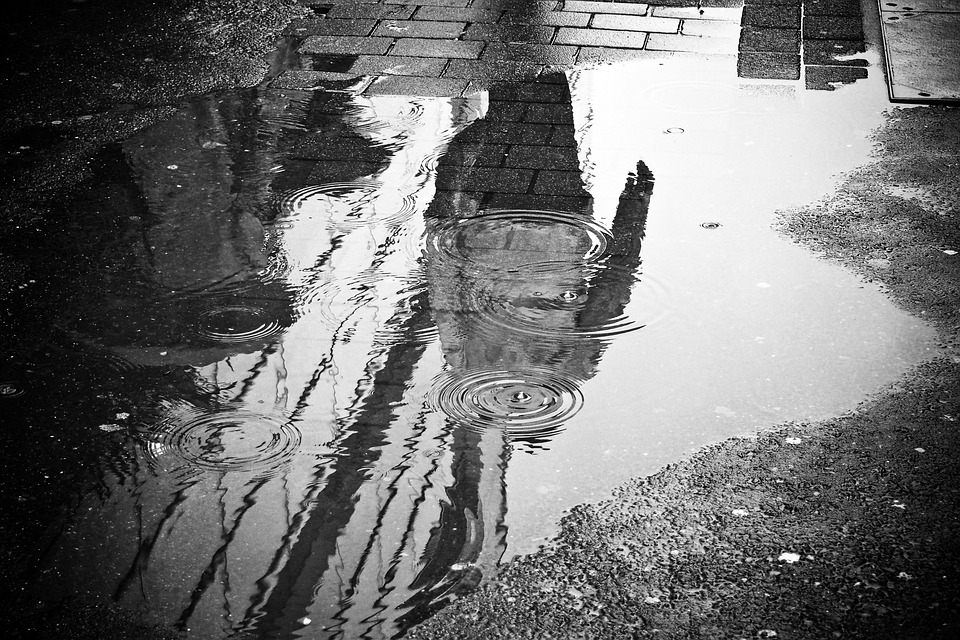Jenni MacLean
AP Environmental Science ♻️
252 resourcesSee Units

Image courtesy of Pixabay
Urban runoff is the water from rain and snow that collects on man made surfaces and is directed out of cities. In natural ecosystems this water would percolate or absorb into the ground, building up ground water stores. Excessive water in a natural system collects in streams and ponds.
In a city, runoff from streets, roads and other hard surfaces must be directed away. This water is often channeled out into oceans or large bodies of water without having the chance to absorb into the ground.
Impact
In general, man made surfaces that do not allow water to absorb into the ground cause a reduction of groundwater and an influx of fresh water into marine systems. In addition, when water is collected from these surfaces it often picks up pollutants like oil and trash. These pollutants are then dumped into large bodies of water. (Example: The influx of pollutants is often so bad that when it rains southern Californian city beaches are closed to swimming!)

Image courtesy of Pixabay
Mitigation
There are many ways humans can intervene and reduce the impact of urban runoff. One way is to increase water infiltration. This can be accomplished by replacing pavement and concrete with more permeable pavement materials such as pavers (stones) with pore holes in them. Also planting trees and building buildings up (taller) and not out taking up more area on a streetblock will reduce urban runoff.

Image Courtesy of Pixabay
Browse Study Guides By Unit
🏜Unit 1 – The Living World: Ecosystems
🐠Unit 2 – The Living World: Biodiversity
👪Unit 3 – Populations
🌏Unit 4 – Earth Systems & Resources
🏖Unit 5 – Land & Water Use
⚡️Unit 6 – Energy Resources & Consumption
💨Unit 7 – Atmospheric Pollution
♻️Unit 8 – Aquatic & Terrestrial Pollution
🔥Unit 9 – Global Change
🧐Multiple Choice Questions (MCQs)
✍️Free Response Questions (FRQs)
📆Big Reviews: Finals & Exam Prep

Fiveable
Resources
© 2023 Fiveable Inc. All rights reserved.